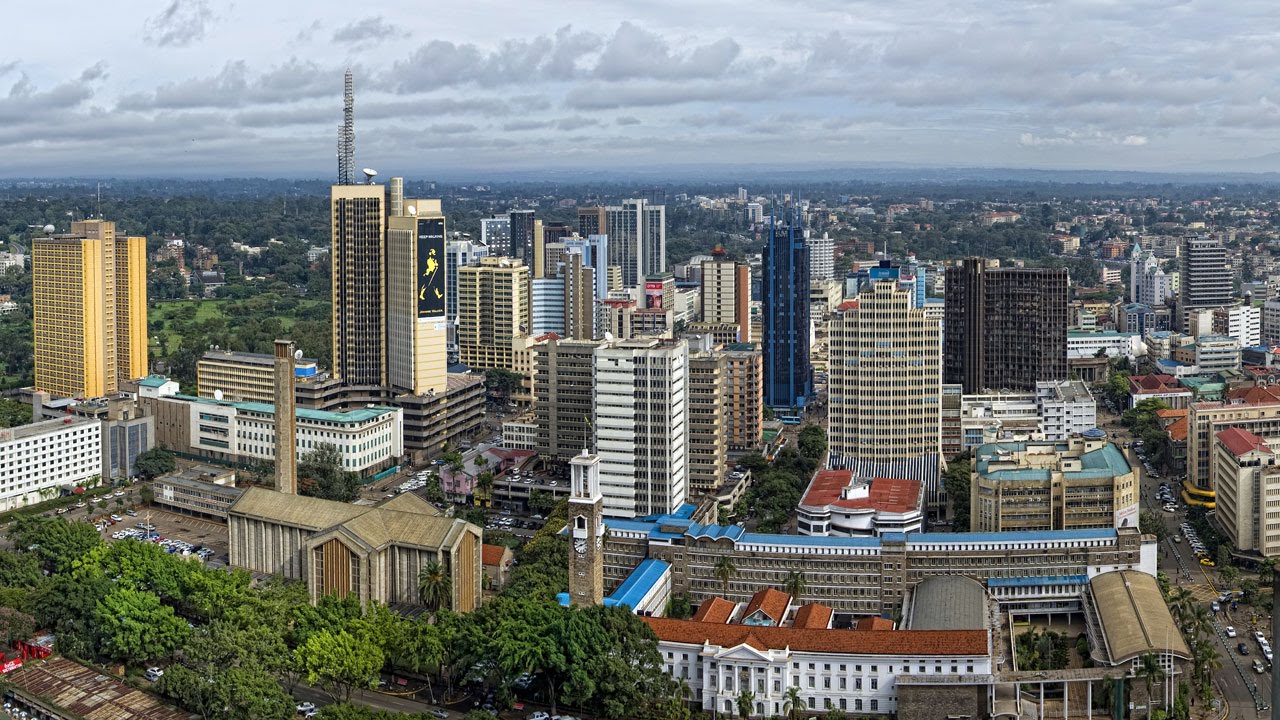Many private schools around the country have closed the second term or plan to do so before the statutory deadline citing the increasing commodity prices, particularly food.
According to the national school and institution calendar, the second term was supposed to start on May 9th, 2022, and run for 14 weeks up to August 12, 2022. However, since Friday last week schools have been sending learners back home, despite the fact that the school calendar has three more weeks.
Abdulhakimu Nyombi, the Coordinator of the umbrella of private school proprietors in Bukomansimbi district, says that they are finding it hard to complete the term in line with the government’s schedule due to the apparent financial constraints.
According to Nyombi, many schools found themselves in a fix and could not afford to feed the learners and provide scholastic materials due to the increased prices, which left them with no option but to close before the official date.
Julius Muwonge, the Deputy Headteacher of Nativity Primary School in Butenga Sub-county, Bukomansimbi district, says that the school administrators were overburdened by the demands they can no longer afford to meet. According to Muwonge, besides the expensive food for the learners, the schools are also choking on huge debts resulting from teachers’ salaries.
At Tagy High School, the administrator sent non-candidate classes back home on Monday and only retained candidates and a few other students who are on the school football team. Although our reporter had received information from parents and children about the early closure, the school administrator insisted that they have not yet ended the term.
In a recent interview with URN, David Balaba Ssenkungu, the head teacher of Luwero Secondary School noted that at the beginning of term, he sourced three companies that agreed to supply maize flour to the school at the reserve price of 2,500 Shillings per kilogram. However, some weeks ago, the supplies revised the price to 3,500 Shillings per kilogram thus putting the school at a loss since they didn’t budget for it.
Mable Nabunya, the headteacher of St Henry’s Primary School, says that in recent years they had resorted to providing cassava, which is relatively cheaper to feed the learners while rationing food to sustain their budget for the second term.
She adds that although they thought that this trick could keep them afloat up to the last day, the situation could no longer be sustained. “When prices increased we could not increase the fees mid-way through the term, that would be insane. But we can no longer bear the load. We are running into loans with suppliers. The easiest way is to cut the term short since the remaining days are not many,” Nabunya noted
However, many parents are still dissatisfied with this choice, claiming that schools are taking advantage of sending their kids home sooner than necessary. For instance, Annet Naggayi argues that since students spent two years at home, schools should use the extra two weeks allotted for instruction rather than returning them to their homes. Naggayi also questioned why schools don’t add more weeks when food prices are cheap.
Private schools have abused the academic calendar before and it is almost becoming a custom for the institutions to dismiss students before the official school closure. Normally, the schools send back children for a holiday one week before the official date.
Since schools are obliged to adhere to the calendar, Dr. Joyce Moriku Kaduccu, the State Minister in charge of primary education notes that leaving school before the set date is against the law and can result in penalties. She also questions if the curriculum has been completed in the closing schools.
“The academic calendar is essential, and schools must adhere to it. The ministry extended the term in anticipation that schools will use the extra weeks to make up for time lost during the two-year school closure. Schools actually raised tuition after claiming that the term was extended, but they are now hurrying to end the term,” said Kaduccu.
Asked how they are catering for the lost time, many of the headteachers of schools that are prematurely ending the term indicated that they hastily delivered the content of the lessons to the learners, arguing that at this time most of them had even covered beyond the term two classroom content.
However, Dr. Kaduccu emphasized that if schools are under pressure from things like the skyrocketing food prices, they must officially write to the education ministry seeking to close before the official date.
Many private schools act as though they are unregulated at the moment since the government lacks strict regulations in this area. It was previously suggested that the ministry considers passing a strict National Policy on Private Provision of Education.
-URN





